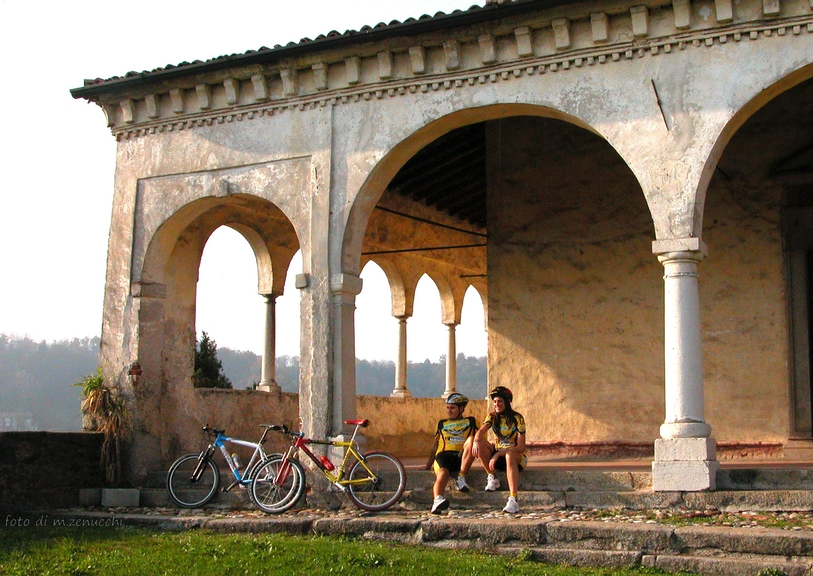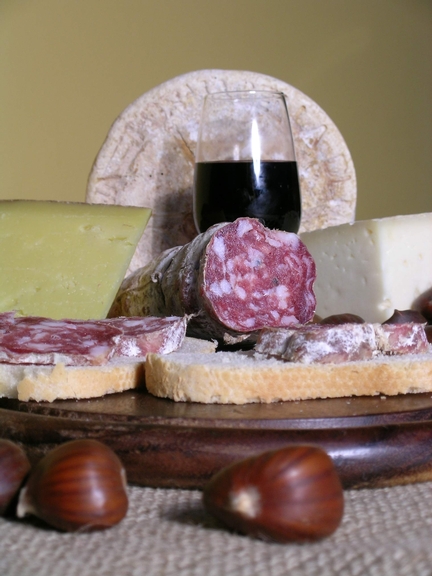Datenbank der Projekte zur ländlichen Entwicklung
Promoting Green Tourism in Rural Areas
Summary
The project aims at developing an integrated rural tourism strategy in the Lake Garda and the Lake Balaton areas. It builds upon the integration of environmental and cultural assets of the hinterland and the opportunities for coastal tourism.
Lead Partner
LAG Partner(s)
Background
Hinterland rural areas surrounding the lakes share the same constraints in terms of economic development and depopulation. Nevertheless, these are highly attractive areas and offer a range of environmental and cultural resources which have high touristic potential: beautiful landscapes, rivers and natural waterfalls, mild hills, historical villages and buildings. The areas also offer typical local products, such as cheese, wines, olive oil, chestnut, honey and truffles.
Common Objectives
The idea behind the project was to exploit the lakes’ coastal areas tourism potential and boost the hinterland's economy. The main objectives were to: i) support the integration between local product sectors and traditional coastal tourism for the enhancement of the rural and mountain hinterland; ii) adopt joint tools to enhance the rural “green” tourism potential; iii) set up a coordinated promotion activity of the rural and mountain hinterland as well as its environment and resources.
Main Joint Activities
The activities of this ongoing project focused on developing and setting up: i) a comprehensive catalogue – shared online database - featuring the “Green Line” tourism potential of the project areas while promoting natural attractions, cultural heritage, eco-friendly sports, local products and hospitality (where to stay); ii) tools such as the discount “Green Card” and a “Green Line” booking service for the whole project area (one-serves-all).
Results and Transferability
The project encouraged a positive dialogue and economic integration among two extreme components of the lake district territory (the coastal lake basins and the hinterland and mountainous areas). A particular attention to the quality of the tourism potential was given and a Common Quality Brand has been activated at the local level. The project is expected to create a solid partnership among tourism operators and the LAGs, enhancing business diversification in rural areas.
Lessons learnt
So far, the two relevant lessons learnt are the importance of exchanging and cooperating among different rural areas that are sharing similar challenges and finding more effective ways to communicate and promote rural areas’ potential to the general public.
Project location and other information
The rural and mountains areas surrounding the Lake Garda in Italy. The northern shore of Lake Balaton and the rural areas around Sümeg, in Hungary.
Total project cost (€)
740 500
EAFRD contribution (€)
641 500
Private contribution (€)
99 000
Project website
Contact name
Nicola Gallinaro, Director LAG GardaValsabbia, Italy
Telephone
+39 348 6729475
Languages for contact
English, Italian
Document attachment
At a glance
Countries
Italy, Hungary
Number of Partners
5
Final beneficiary type
Local Action Group
Budget range
> €500 000
Start date:
01/07/2012
End Date:
01/01/2014
Theme / Measure:
• Implementing the LEADER Approach
• Co-operation projects
• 421. Implementing co-operation projects
Keywords:
Rural tourism, Lake, Cooperation, Leader, Eco-tourism
Last update
01/11/2013








